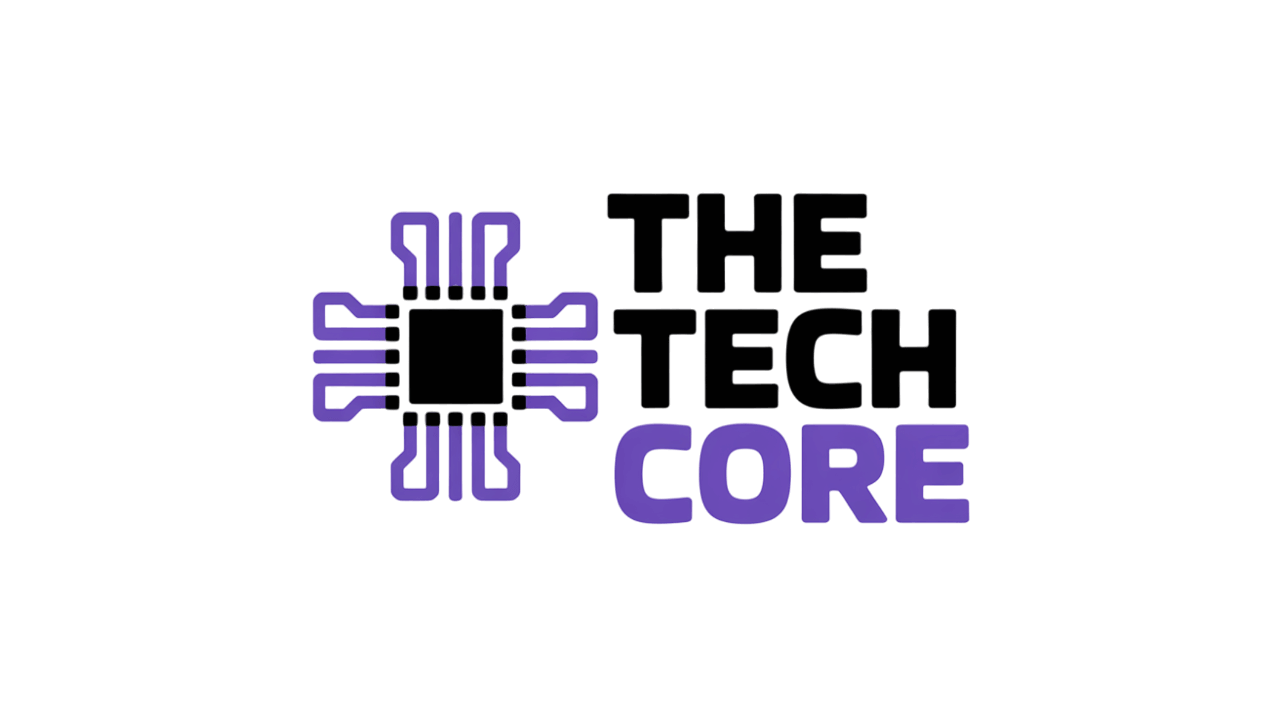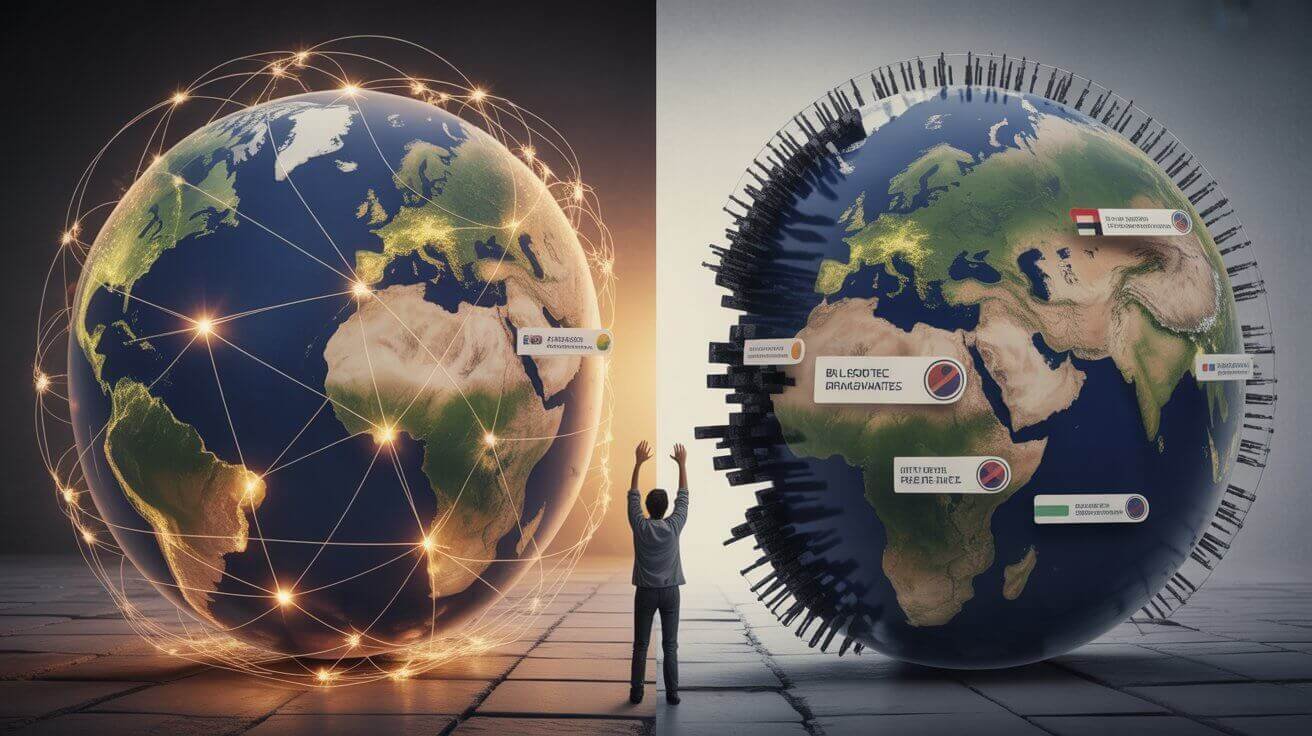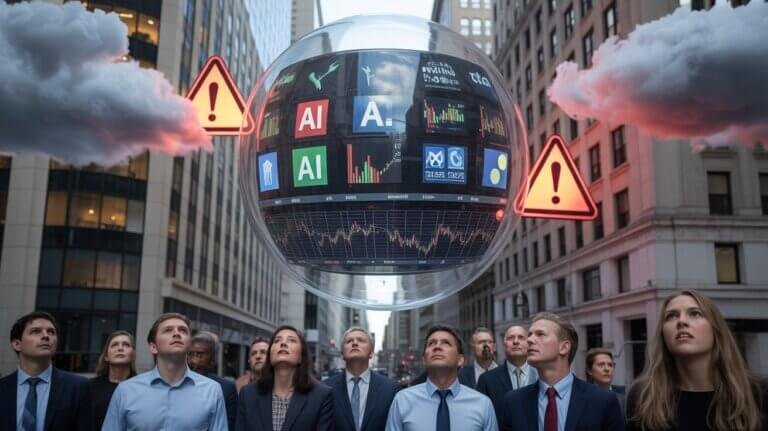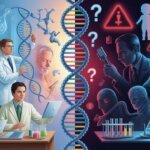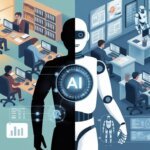Last week, I tried to access a news website from another country and hit a wall—literally blocked by my government’s digital borders. That moment made me realize something unsettling: the internet I grew up with, the one that promised to connect all of humanity, is quietly fracturing. Moreover, this fragmentation threatens the very foundation of our digital future humanity.
The internet was supposed to be humanity’s greatest achievement—a global network that would break down barriers, democratize information, and unite the world. However, as we stand in 2025, we’re witnessing a troubling transformation that could determine whether our digital future humanity flourishes or fragments into isolated digital islands.
The Paradise We Built, The Prison We’re Creating
When the internet emerged, visionaries dreamed of an interconnected world where information flowed freely across borders. Furthermore, this digital utopia promised to solve humanity’s greatest challenges through collaboration and shared knowledge.
But something went wrong along the way.
The Fragmentation Crisis
Today’s internet faces what experts call “splintering”—the division of our global network into separate, controlled segments. Additionally, governments worldwide are implementing measures that contribute to internet fragmentation, often unintentionally undermining the concept of a unified digital space.
Countries like Russia, China, and Turkey have implemented national internet controls that effectively create digital borders. Consequently, users in these regions experience a fundamentally different internet than those in other parts of the world.
This isn’t just about censorship—it’s about the emergence of entirely separate digital ecosystems that threaten our collective digital future humanity.
The 2.6 Billion Problem
While tech giants celebrate innovation breakthroughs, 2.6 billion people remain offline, mostly in the Global South. This digital divide isn’t just about access to technology; it’s about access to opportunity, education, and participation in the modern economy.
The gap between connected and disconnected populations continues widening, creating a two-tiered society where digital access determines life outcomes.
The Digital Humanity Crisis: Four Threats We Can’t Ignore
Our digital future humanity faces unprecedented challenges that could fundamentally alter human society.
Threat 1: Digital Authoritarianism
Authoritarian regimes are using internet controls to limit freedom of expression and surveillance citizens. Moreover, the rise of digital authoritarianism threatens previously established norms and human rights applications.
Countries are increasingly asserting “digital sovereignty,” demanding control over data flows and internet infrastructure within their borders. Subsequently, this trend could lead to the complete balkanization of cyberspace.
Threat 2: AI Without Humanity
Artificial intelligence is advancing faster than our ability to govern it responsibly. Furthermore, UN Secretary-General Guterres warned that “AI without human oversight would leave the world blind” and emphasized that AI integration with nuclear weapons must be avoided at all costs.
The risk isn’t just about AI becoming too powerful—it’s about AI systems making decisions that affect human lives without human oversight or accountability.
Threat 3: The Trust Collapse
Disinformation and misinformation are eroding public trust in digital platforms and information itself. Additionally, with more than 3 billion people voting in 2024 and 2025 elections, foreign and domestic actors are leveraging false information to widen societal divides.
When people can’t distinguish truth from falsehood online, democratic discourse becomes impossible.
Threat 4: Digital Inequality Explosion
The benefits of digital technologies are increasingly concentrated among those who can afford access and education. Meanwhile, technological change may force countries to reconsider how they measure welfare and progress, as the gaps between digital haves and have-nots widen.
Without intervention, we risk creating a permanent digital caste system.
What’s Actually Happening Right Now
Let me share some real examples that illustrate how these threats are already reshaping our world.
The Great Digital Wall
China’s internet operates almost entirely separately from the global web. Citizens access Chinese versions of Google, Facebook, and Twitter—all under government control. Consequently, a generation of Chinese internet users has never experienced the open web that the rest of us take for granted.
Africa’s Infrastructure Struggle
Despite significant progress, vast areas of rural Africa remain digitally isolated. However, innovative solutions are emerging: researchers from South Africa’s University of Western Cape built a local mesh network providing cheap WiFi to 6,000 people in Mankosi.
These grassroots initiatives offer hope but also highlight the massive scale of the challenge.
Europe’s Digital Sovereignty Push
The European Union’s data protection regulations, while protecting privacy, are creating compliance costs that fragment online experiences. Moreover, the EU’s “fair share” model could lead to a two-tiered internet where service quality depends on payment ability.
Platform Battles
The conflict between Brazilian courts and Elon Musk’s X platform demonstrates how quickly governments can restrict access to global platforms, effectively controlling what information citizens can access.
The Path Forward: Can We Save Our Digital Future Humanity?
Despite these challenges, solutions exist—but they require unprecedented global cooperation and individual action.
Technical Solutions
The Internet Society emphasizes that preserving core internet functions requires commitment to an open, global, and interoperable network. Furthermore, standardization efforts and technical cooperation remain crucial for maintaining internet unity.
Investment in infrastructure, particularly in underserved areas, remains essential for bridging digital divides.
Governance Innovation
The Global Digital Compact adopted at the UN Summit of the Future represents an attempt to create international frameworks for digital cooperation. However, implementation will determine its actual impact.
We need governance structures that can keep pace with technological change while protecting human rights and maintaining internet openness.
Individual Actions You Can Take
While the challenges seem overwhelming, individuals can make a difference:
Support Digital Rights Organizations: Donate to or volunteer with groups fighting for internet freedom and digital rights.
Practice Digital Literacy: Learn to identify misinformation and help others develop critical thinking skills about online content.
Advocate for Access: Support policies and initiatives that expand internet access to underserved communities.
Choose Platforms Wisely: Support services and platforms that prioritize user privacy, transparency, and ethical practices.
Stay Informed: Follow developments in internet governance and digital policy—these decisions affect your digital future.
The Choice That Defines Our Species
We stand at a crossroads. Additionally, the decisions made in the next few years will determine whether the internet remains humanity’s greatest tool for connection and progress or becomes a mechanism for division and control.
The fragmentation isn’t inevitable—it’s a choice. Moreover, every time we demand transparency from tech platforms, support digital rights initiatives, or help someone get online, we’re voting for a better digital future humanity.
The UN estimates that the digital economy now plays an increasingly critical role in global trade, with digitally delivered services growing at 8.2% annually. This economic importance makes digital cooperation more crucial than ever.
But economics alone won’t save us. Furthermore, we need a renewed commitment to the original vision of the internet: a global network that serves all humanity, not just the powerful few.
The internet’s future isn’t predetermined. Subsequently, it’s up to us—governments, companies, and individuals—to ensure that our greatest achievement doesn’t become our greatest failure.
The question isn’t whether technology will continue advancing—it will. Rather, the question is whether we’ll use that advancement to unite humanity or divide it further.
Our digital future humanity hangs in the balance. Moreover, the time to act is now, before the fragments become too scattered to piece back together.
